ÖGAI Board of Directors
The ÖGAI Executive Board consists of 13 board members: president, president-elect, past-president, secretary, deputy secretary, treasurer, recording secretary ,and six regular board members. The representatives of the specialist groups (Clinical Immunology, Clinical Allergology, Vaccination, Immunology Education and Next Generation Immunologists) are also co-opted to the Executive Board without voting rights.
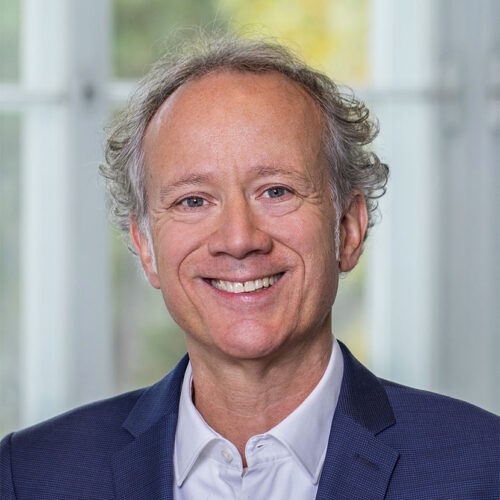
Wilfried Ellmeier is Professor of Immunobiology and Head of the Institute of Immunology at the Center for Pathophysiology, Infectiology and Immunology at the Medical University of Vienna, Austria. He studied biochemistry at the University of Vienna, received his PhD from the Research Institute of Molecular Pathology (IMP) in Vienna and completed a postdoctoral fellowship at the Skirball Institute (NYU Medical Center) in New York. His research interests focus on epigenetic and transcriptional control mechanisms that regulate the development and function of T cells in health and disease. He has received several awards, including the START Program Award for highly qualified young scientists from the Austrian Science Fund and the Novartis Award Austria for Biology. Wilfried Ellmeier is a corresponding member of the Austrian Academy of Sciences and a member of the Scientific Advisory Board of the Austrian Science Fund. He is President of the Austrian Society for Allergology and Immunology (ÖGAI) for the period 2025-2026. He also has a strong interest in science policy and was President of the BioMed Alliance in Europe from 2020 to 2021. He is Chairman of the Scientific Program Committee of the IUIS2025 (International Congress of Immunology), which will take place in Vienna in August 2025.
Wilfried Ellmeier
President
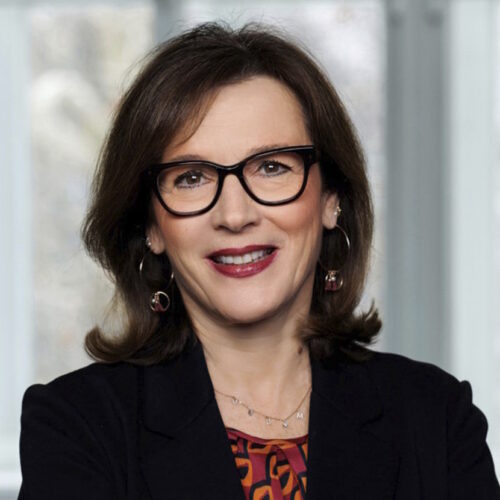
More information will follow shortly
Ursula Wiedermann-Schmidt
President Elect
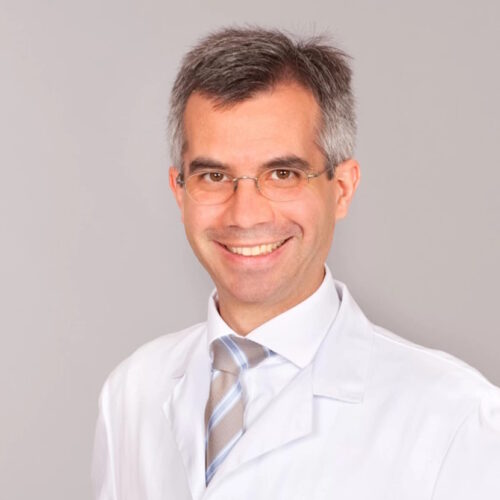
More information will follow shortly
Wolfram Hötzenecker
Past-President
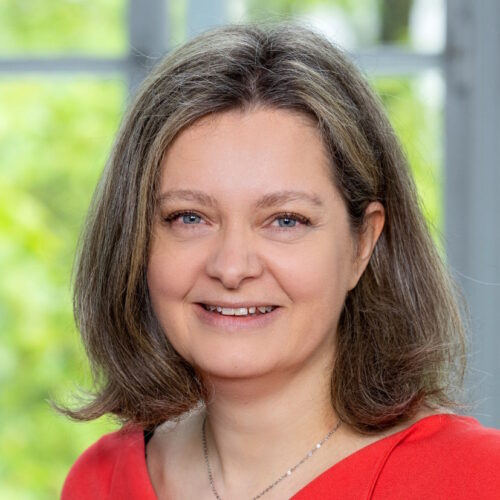
Nicole Boucheron studied cell and molecular biology in Strasbourg (France) and Milan (Italy). She obtained her PhD at the Ludwig Institute for Cancer Research, Lausanne branch (Switzerland), in the group of Immanuel Luescher. She focused on the activation of cytotoxic T cells by soluble peptide-MHC multimers and was involved in several projects published in prestigious journals. After graduating from the University of Lausanne in 2002, she completed a postdoctoral fellowship in the group of Wilfried Ellmeier at the Institute of Immunology of the Medical University of Vienna. Her work contributed to the understanding of important signaling pathways regulating the differentiation of CD4+ T cells and she discovered an unexpected plasticity of CD4+ T cells towards the CD8 lineage. She was awarded the Sanofi Aventis Prize (2014) for her work. She also made important contributions to other projects in the Ellmeier lab, which led to several publications as co-author. Since 2018, she has established her own research group focusing on the molecular control of T helper cell activation and differentiation during immune responses and diseases. Current projects address molecular determinants for the differentiation of murine and human naïve CD4+ T cells into follicular T helper cells and tissue adaptation of Th2 effector cells in allergic airway diseases, with a particular interest in the inhibition of class I HDACs in controlling this process. Nicole Boucheron has expertise in animal disease models, multicolor flow cytometry, genetic approaches in mice, advanced primary cell culture techniques, proteomics and high-throughput sequencing.
Nicole Boucheron
Secretary
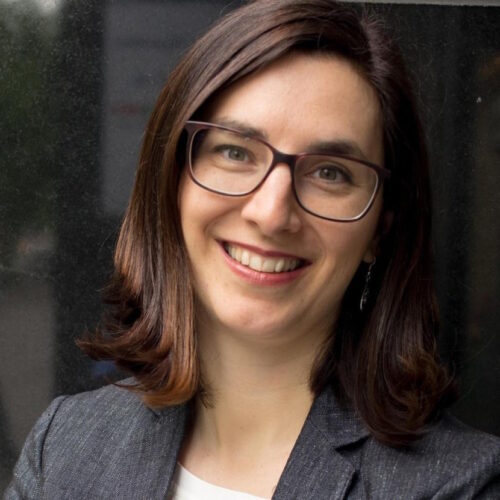
More information coming soon
Sabine Altrichter
Deputy Secretary
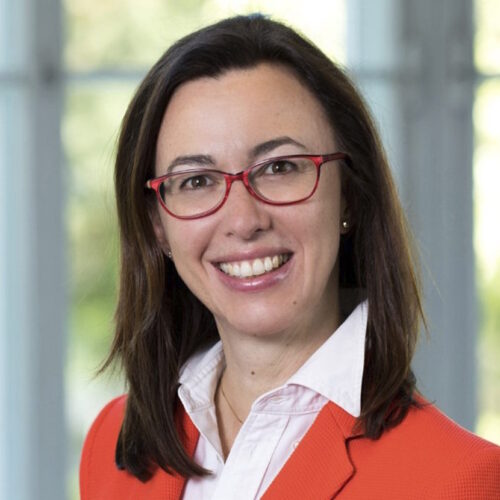
Eva Untersmayr-Elsenhuber is a specialist in clinical immunology and, in addition to her position as research group leader at the Institute of Pathophysiology and Allergy Research, works in private practice, where she treats patients with immunological diseases. Together with her research group, she is primarily concerned with the role of the largest immune organ in the human body, the gastrointestinal tract, in various inflammatory diseases, including ME/CFS. Of particular interest to the group's research work is the mucosal barrier, which not only protects the body from dangerous pathogens, but is also responsible for food absorption and can specifically trigger the immune response. Eva Untersmayr-Elsenhuber is responsible for the scientific management of the CCCFS project.
Eva Untersmayr-Elsenhuber
Recording Secretary
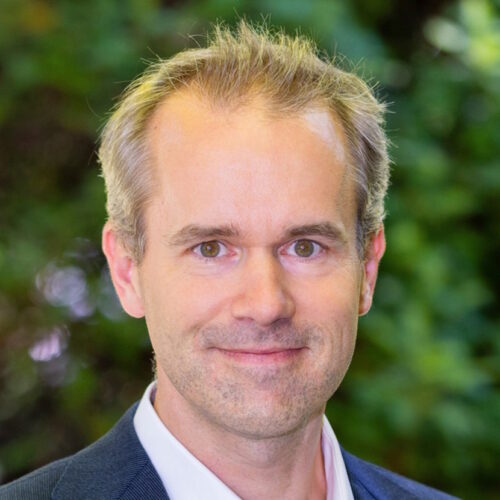
Georg Stary
Treasurer
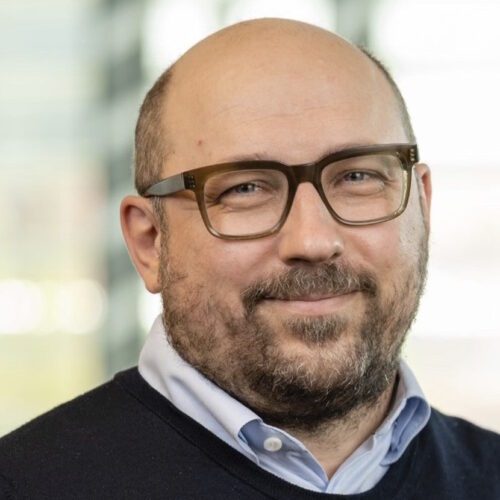
Thomas Eiwegger successfully completed his training in pediatrics, pediatric allergology and pediatric pneumology. He is Head of the Department of Pediatrics at the University Hospitals St. Pölten, Associate Professor at the Karl Landsteiner University Krems and Associate Professor at the Institute of Immunology at the University of Toronto.<br>Since moving to Austria in May 2021, he has been working as a research associate at the Research Institute of the Hospital for Sick Children in Toronto. He currently leads research groups in Toronto and Austria focusing on the mechanisms of tolerance development in the context of atopic diseases and novel treatment approaches for food allergies.<br>Thomas Eiwegger has published more than 140 peer-reviewed articles (>5800 citations, H-index: 42), >100 guest lectures and supervises clinical fellows, masters and PhD students. Dr. Eiwegger is co-editor of Allergy and chair of the Biologics Working Group of the EAACI.
Thomas Eiwegger
Advisory Board
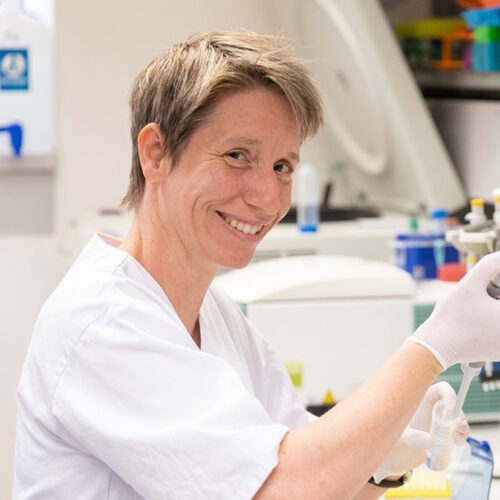
More information will follow shortly
Kathrin Eller
Advisor
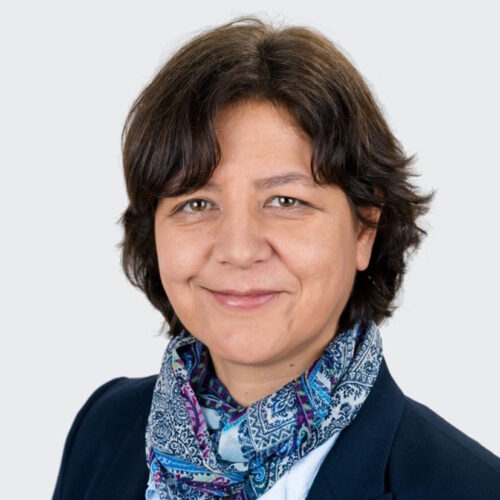
Sylvia Knapp
Advisor
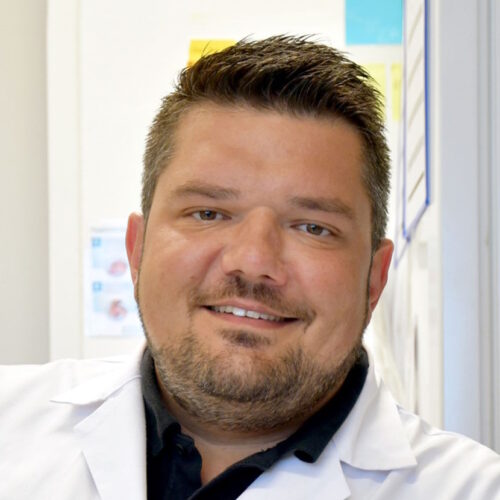
More information coming soon
Wilfried Posch
Advisory Board
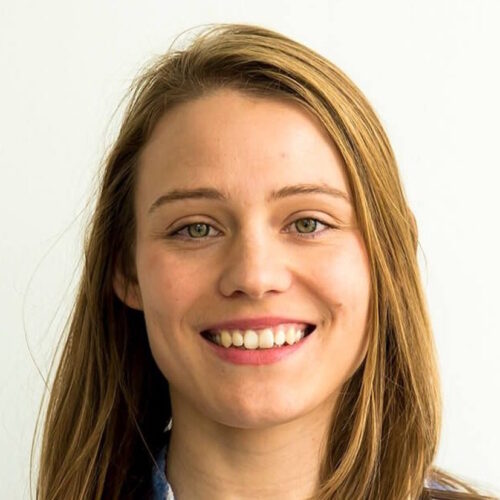
More information will follow shortly
Johanna Strobl
Advisor
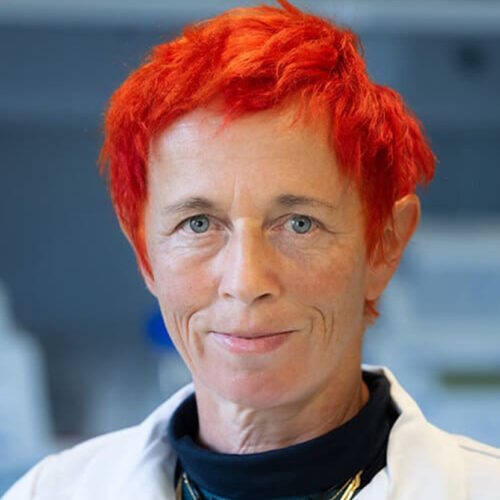
More information will follow shortly
Doris Wilflingseder
Advisor


